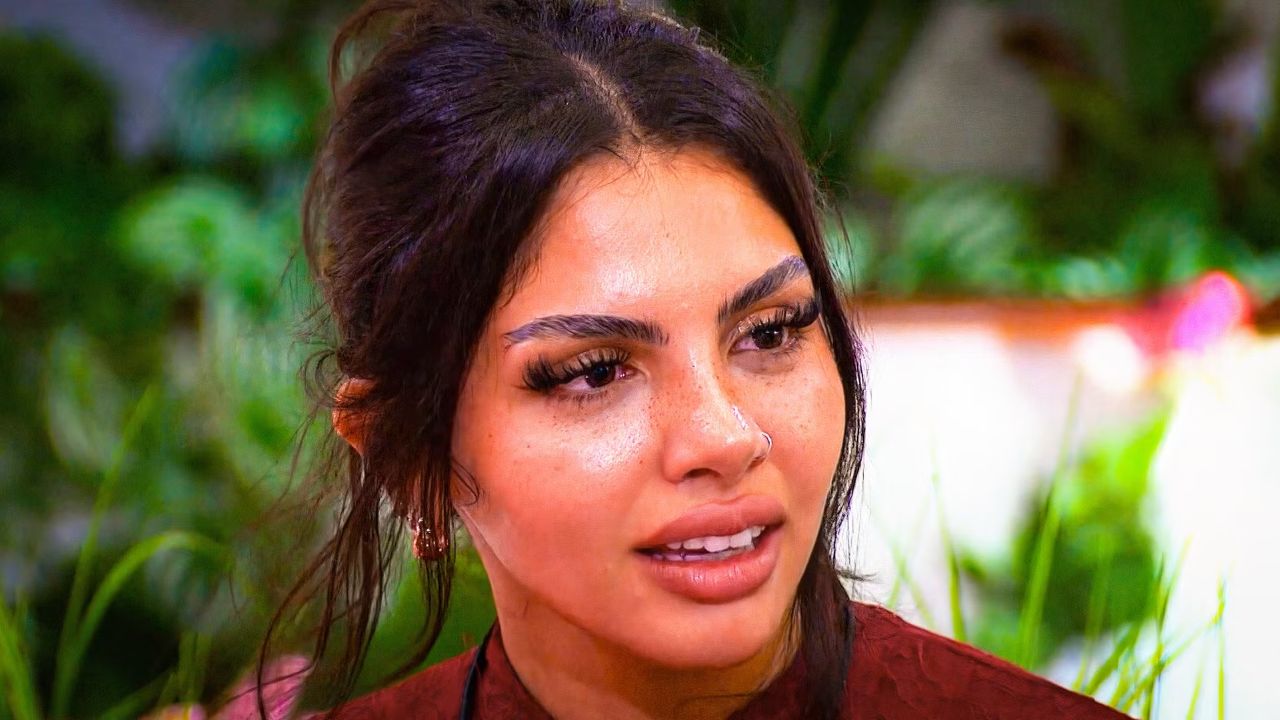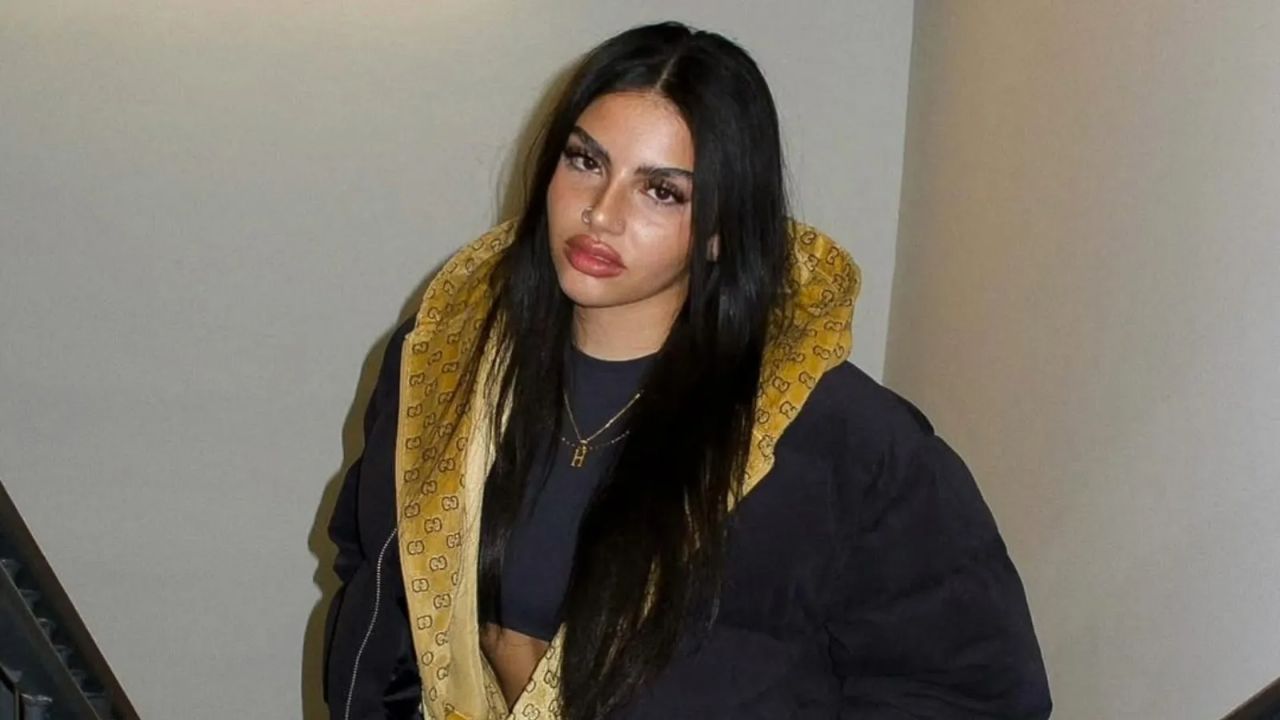When Huda Mustafa first strutted into the Love Island USA villa, she didn’t just turn heads, she shattered expectations. Unlike the usual lineup of Instagram models and party girls, Huda came in with a backstory that felt real: a young Palestinian-American single mom, unapologetically loud, fiercely protective of her daughter, and ready to stir the pot.
From the jump, she stood out, not just because of her bold personality, but because reality TV rarely gives women like her the mic. And as the drama unfolded, it became clear that Huda wasn’t just playing the game; she was exposing the unspoken biases of dating shows, one explosive argument at a time.
Who Is Huda Mustafa? Breaking Down the Hype
Huda Mustafa isn’t just another Love Island USA contestant; she’s a lightning rod for conversation, controversy, and cultural representation. When she stepped into the villa for Season 7, she brought more than just her striking looks and unfiltered personality. She brought an identity that’s rarely seen in mainstream reality TV: a Palestinian-American woman navigating love, motherhood, and the messy, edited world of dating shows.
You Might Like: What Happened to Taylor Fritz’s Mom’s Face? Plastic Surgery?
So, what’s her story? Huda is a 24-year-old fitness influencer and single mom from Raleigh, North Carolina, with deep roots in Palestinian culture. Her name, which means “right guidance” in Arabic, is a nod to her heritage, and she wears it proudly, literally. She’s got Arabic script tattoos, including one with her daughter’s birthdate, and she’s been open about balancing traditional values with modern dating.
But here’s the thing: her ethnicity became a talking point for all the wrong reasons. Some fans noticed that the men in the villa seemed to mistake her for Latina, tossing around stereotypes like “spicy” and “mamacita” instead of recognizing her Middle Eastern background. It’s a weird, uncomfortable dynamic that says a lot about how reality TV and its audience still struggle with cultural nuance.

Then there’s the mom angle. Huda’s four-year-old daughter, Arleigh, became a central part of her storyline, especially when she dropped the bombshell on Jeremiah, her initial Love Island flame. His reaction? Shock. “You’re a mom… but you’re 24… how many kids?” Classic reality TV gold. But it also highlighted how single moms are still a rarity in these dating shows, and Huda’s raw honesty about the challenges of dating as a young mother resonated with some viewers while others… well, they just called her “too much.”
The Villain Edit, the Backlash, and Why It All Feels Bigger Than Love Island
Let’s be real: Huda Mustafa got the villain edit. She’s been labeled “Hurricane Huda” for her explosive confrontations, especially with Jeremiah and the other women in the villa. But here’s where things get complicated. Is she actually toxic, or is she just a messy, emotional person under a microscope? And why does it feel like the backlash against her has an extra layer of intensity compared to other contestants?
Also See: Bryan Woo’s Parents: All About His Ethnicity and Nationality
Some fans have pointed out the uncomfortable truth: Huda’s Palestinian identity might be shaping how she’s perceived. Western media has a long history of framing Arab women as either docile or aggressive, with little room for nuance. So when Huda yells at Jeremiah or calls another girl a “b*tch,” it’s not just drama, it’s fuel for a narrative that paints her as “terrorizing the villa” (yes, that’s a word some viewers have used). Meanwhile, other contestants with questionable behavior, like Austin Shepard (who’s got a history of right-wing posts), skate by with minimal criticism. The double standard is hard to ignore.
Then there’s the social media fallout. Huda’s ex, Noah Sheline (Arleigh’s dad), jumped online to defend her, reminding fans that she’s a real person with a real kid who’ll one day see all this negativity. “She’s maybe not doing a great job, idk, I don’t watch the show,” he admitted, “but I don’t like that I’m seeing so much negative shit about her.” It’s a rare moment of humanity in a show that thrives on caricatures.
As of right now, Huda’s still in the villa, but the question isn’t just whether she’ll find love; it’s what her presence says about representation. Love Island USA isn’t just mindless entertainment; it’s a reflection of who gets to be desirable, who gets to be flawed, and who gets crucified for it. Huda’s not a perfect victim or a perfect villain. She’s just a Palestinian-American woman trying to navigate a show that wasn’t built for someone like her. And whether she leaves as a fan favorite or a cautionary tale, one thing’s clear: she’s already changed the conversation.








